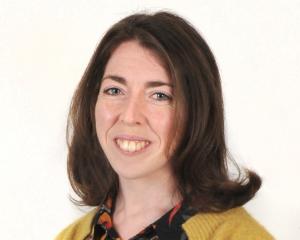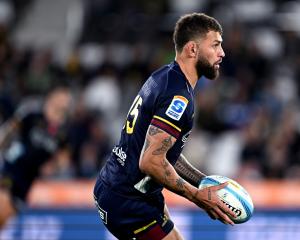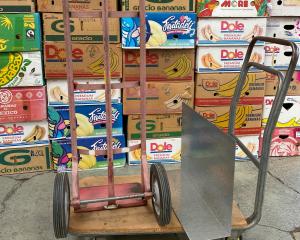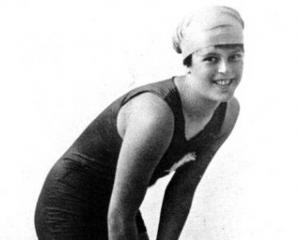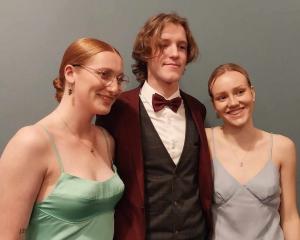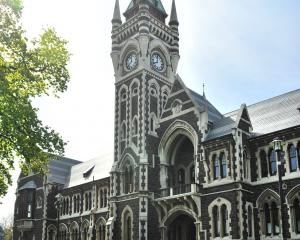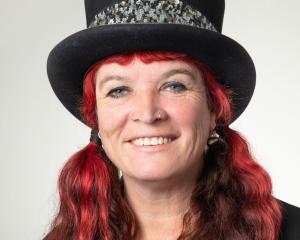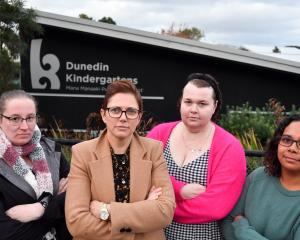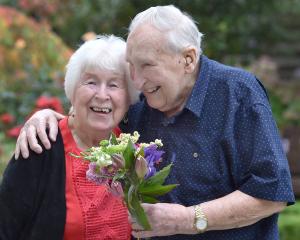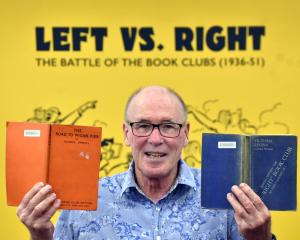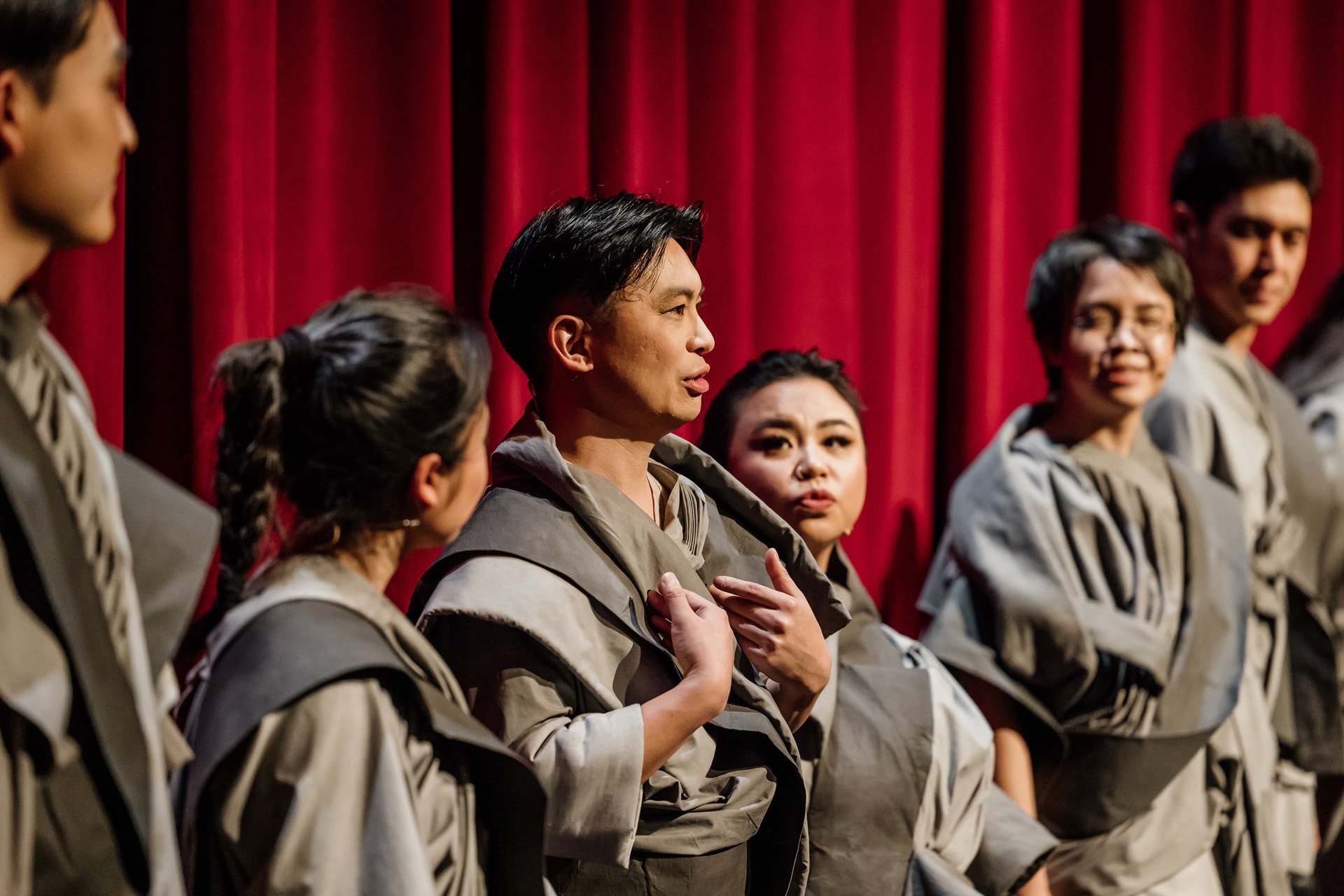
Nathan Joe admits he might have been a bit naive when he first discovered playwriting.
He was living in Auckland for the first time after graduating from film school, and discovered independent theatre for the first time.
"I was surprised and stunned by it — that you could actually be a playwright."
So he dived into theatre, winning the Playmarket b4 25 award in 2015 for Hippolytus Veiled: Or, Eros Beware! and in 2016 for Like Sex, which had been commissioned by Young & Hungry Arts Trust. He was also shortlisted for the Adam New Zealand Play Award for Who is Sada Abe? in 2015 and awarded the Auckland Live! "Free Your Mind" Development Award in the Auckland Fringe 2019 for I Am Rachel Chu.
He also came to Dunedin as the 2019 NZ Young Writers Festival writer-in-residence.
Despite the success, the road blocks he faced at every turn meant he found his sense of optimism for the craft may have been a bit overly optimistic — not that he regrets that at all. That realisation saw him return to Christchurch in 2019 for a couple of years.
"As a person of colour, as an Asian person, it felt quite fraught. It didn’t have the momentum then that it currently does. Theatre was failing me as a creative as it required so much resource. It felt like quite a mission to be heard and be taken seriously."
However, looking back he now sees that as possibly a positive, as it is where he discovered spoken word.
"I started to dabble in poetry around that time as I wanted to tell my own stories, as I wasn’t able to tell my own stories in theatre properly."
Simply standing up with only a microphone and his own stories was very powerful, he found.
"It’s really democratic. The barrier to entry is quite low — you don’t need funds or much experience, just a deep desire to tell a story."
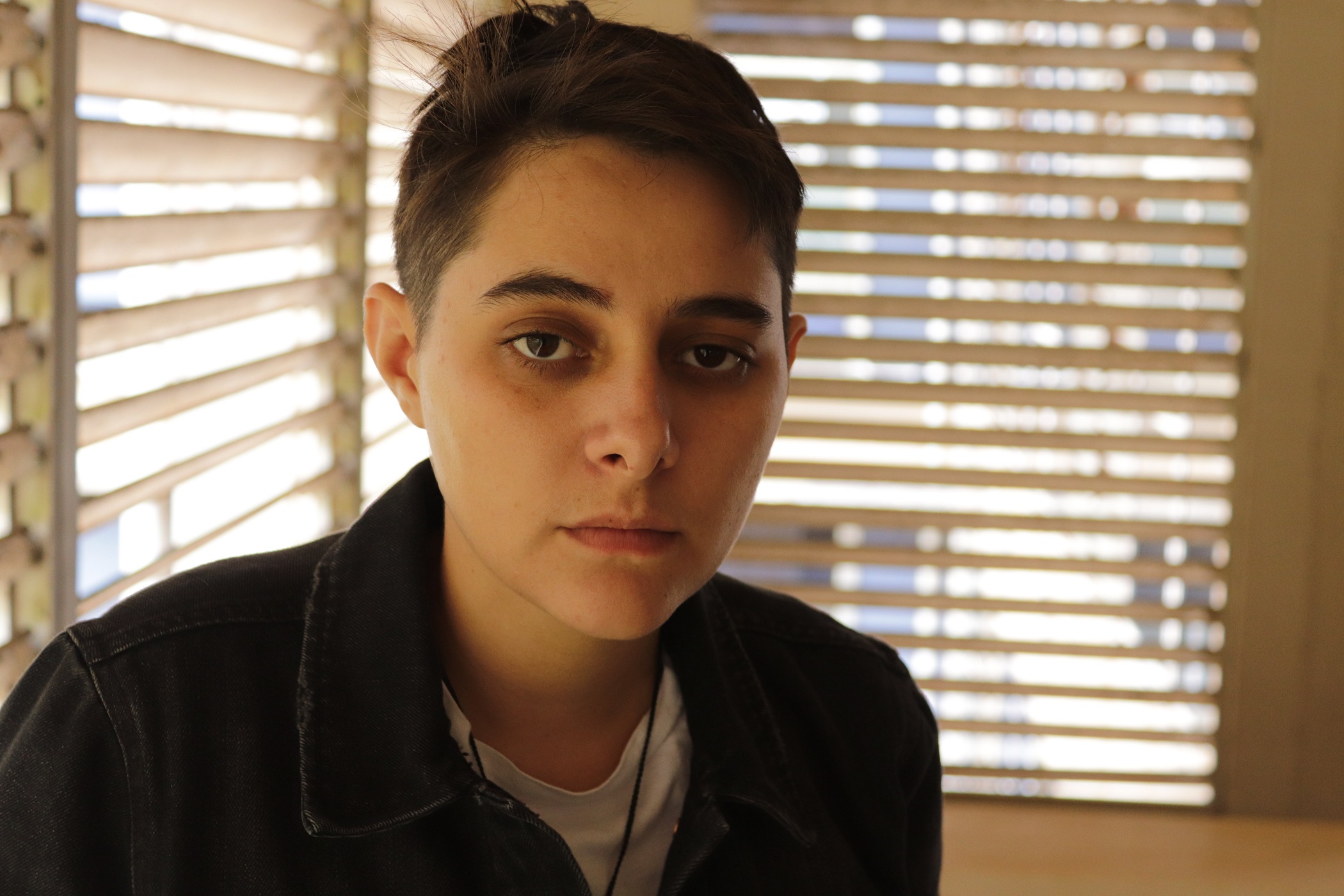
"I became addicted to the rush, the simplicity of it all and the freedom, so I began to take it quite seriously. Up until that time I didn’t feel like I’d been given much agency to tell my stories."
And discovered he was quite good at it. In 2020 he became the national Aotearoa NZ Poetry Slam Champion.
"I found I had been holding it in for so long it seemed natural, so I just had to get more confident and a bit more polished in my performance."
The experience saw his confidence grow in what he had to say, and in his playwriting as well.
"There was this freedom to be irreverent and [have a] ‘not give a s ... ’ attitude, which has served me better in the long run."
That also combined with his experience in Christchurch and its counter-cultural scene to make him re-think his creative future.
"I rediscovered that there are some really creative people who don’t have an audience, but have each other, and tinker away in a humble, modest way. I found that quite affirming — that even if it is not about making money you can still have a creative practice."
Over the next few years he took advantage of residencies — the Ursula Bethell writers-in-residence in 2020, the Te Matatiki Toi Ora (The Arts Centre) Creative Resident in 2021 — and in 2022 became the Grimshaw Sargeson Fellow.
He also returned to theatre, directing durational theatre show An Open Apology at Basement Theatre (co-winner of the Spirit of the Fringe award) and was commissioned to contribute to anthology play 48 Nights on Hope Street for Auckland Theatre Company.
In 2021, he collaborated with A Slightly Isolated Dog to create Slay the Dragon or Save the Dragon or Neither for NZ Fringe, and directed Yang/Young/ for Auckland Theatre Company’s Here and Now Festival.
"Ultimately theatre is my first love. It’s not a full time thing. It’s a very here and there thing."
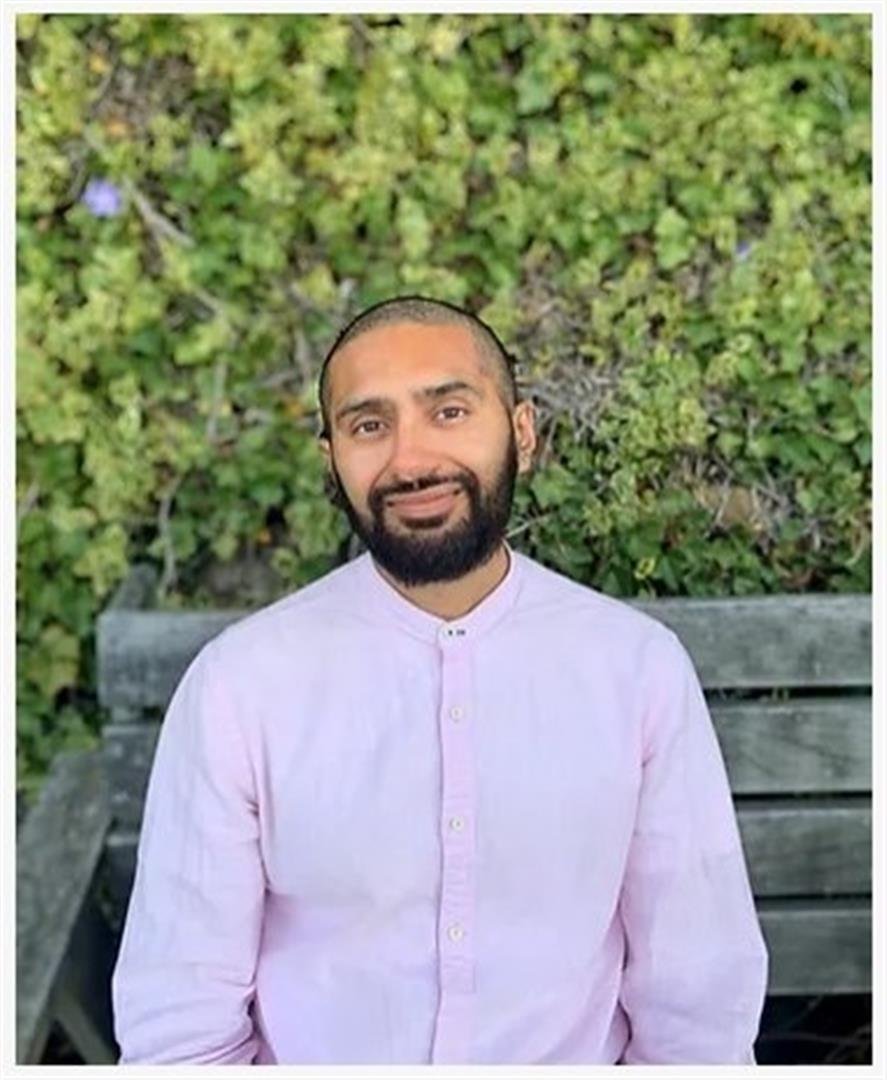
"I knew first-hand how it [spoken word] could be so powerful. The medium is less important than the kaupapa, the combined collective energy of it all."
When he was asked to curate a poetry event at Basement Theatre, he questioned the purpose of such an event, and wondered why artists from the BIPOC community did not perform together more often.
"To me of growing importance in the last few years was this question of collective solidarity among people of colour or indigenous or BIPOC. It can be a clumsy umbrella as it seems so broad, but it seems to me to be the most functional.
"It’s a way to show the differences but also similarities between ourselves in an artistic context. I find the civic potential of poetry to be quite powerful. When people are invited into a space to speak and invited into a space to listen, we pay better attention."
As a result these spaces feel "safer and braver".
"Having a place where one’s stories, one’s hopes, dreams, fears and ambitions can be channelled collectively is a powerful thing. Dirty Passports is an attempt at saying for these nights in this space, ‘this is our space and what does that mean? What do we give ourselves permission to say?"’
Also as immigrants or children of immigrants their citizenship is always contested.
"The title of Dirty Passports came from this contested citizenship, contested belonging. I think [with] people of colour, indigenous people, immigrants, people who come from immigrants — your identity is contested even if you don’t believe it to be. Someone out there does contest it, unfortunately."
It also enables him to bring people’s stories to an audience that would not normally get to hear them, or are new to them.
"I found that interesting. Why do we not often see black and Asian poets in the same space intentionally? That can further divide us. I think the future demands more collaborations and more crossover as communities."
He hopes the show transcends the potential for tokenism in such a curated space.
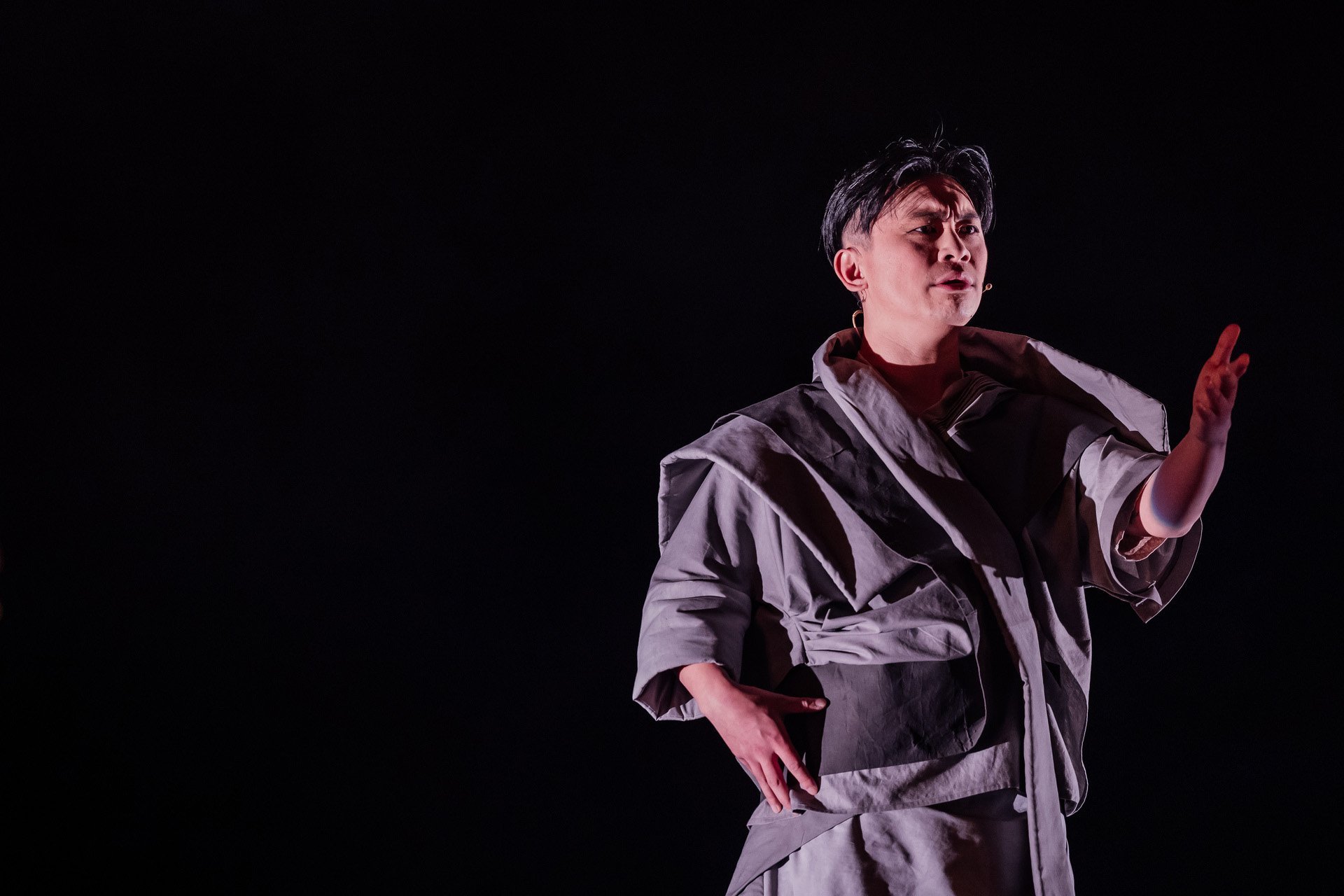
The show has since had seasons in Auckland and Christchurch.
"It’s become an ongoing one-off project since. I do once or twice a year and they’ve been consistently sold out, which is nice."
In 2021 his work was recognised with a Bruce Mason Playwriting Award, which is awarded to recognise the professional success of a writer, and is designed to further encourage their theatre work.
Joe went on to stage Scenes from a Yellow Peril at Auckland Theatre Company in June 2022. It took three and a-half years to get the piece to stage, and required significant funding.
"The final version I credit not just to my playwriting practice, but my spoken word practices, as it is a hybrid of performance poetry and theatre. That play would not have existed if I hadn’t digressed into becoming a spoken word poet.
"And that I was in it, that could only have happened from building the confidence as a spoken word poet."
But he realised the ability to safely finance a piece of independent theatre is not a regular occurrence in New Zealand. And post-Covid and with cost-of-living struggles, it is now even more difficult to sell tickets prior to a show.
"There are so [few] resources to put on art at scale in New Zealand, and no obvious stepping stones or ladder."
While he has realised sometimes projects do fail even when they are worthy, it should not be an admission of defeat.
"I now know I don’t need to do it all the time. There are small things I can do which have high value — it’s a useful navigation tool to have as an artist in Aotearoa. To be the arts leader or administrator that I’d have like to have seen more of."
So he has taken on a new role as an arts administrator, and is at present working as creative director at Auckland Pride.
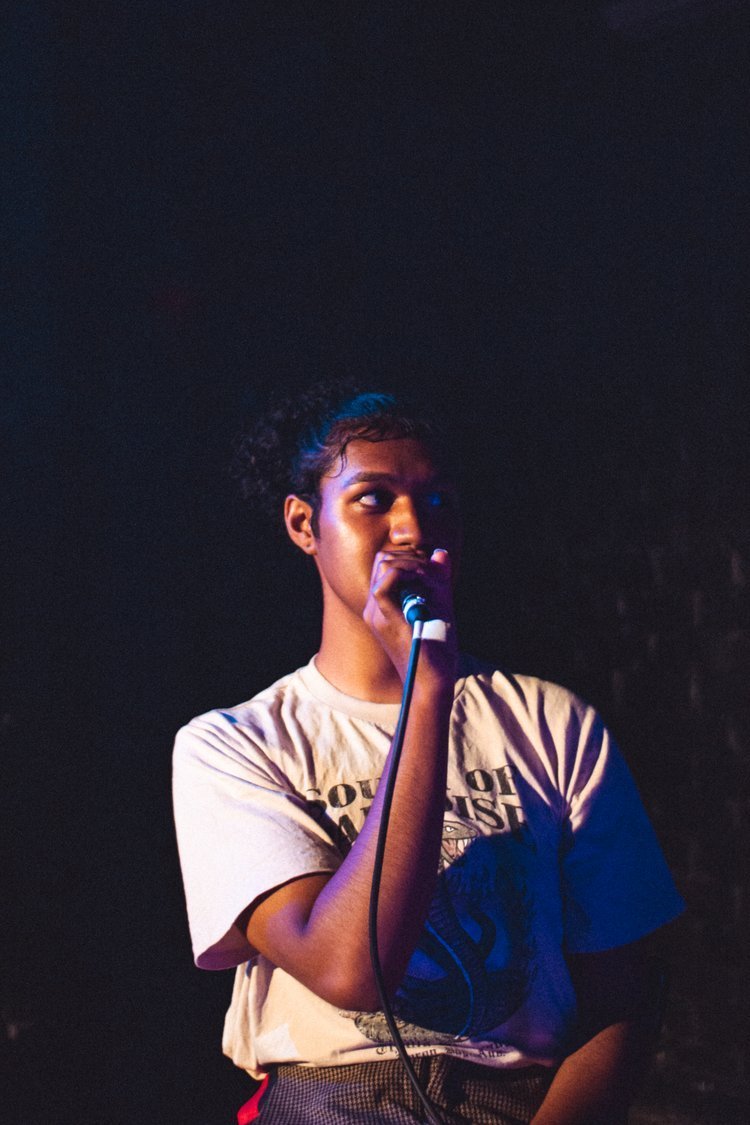
He has found his time in Auckland to be very freeing, allowing him to be himself.
"I had to unlearn a lot of things as Auckland is so multi-cultural, which has been good for me as a queer Chinese person."
Another bonus has been making new friends such as Masterchef winner and cook book author Sam Low. They met through a reading of Yellow Peril.
"Sam found it resonated and we have very similar backgrounds and [are] both queer Chinese men who have had to battle a lot of internalised racism in parallel ways.
"We hit it off because of that shared understanding of how we see the world and how people see us.
"We are also both very passionate about what we do and both want to be the people we wish we’d seen when we were younger."
So at Aspiring Conversations as well as hosting his Dirty Passports show — featuring Auckland slam poet winners Eric Soakai and spoken word artist and educator Ngaio Simmons, interdisciplinary artist Alvie McKree and Dunedin-based writer Rushi Vyas — he is also hosting a session with Low, in which he will talk about his journey and doing a cooking demonstration.
Soakai and Simmons have both performed in Dirty Passports before, but it will be a first for McKree and Vyas, who will provide more of the traditional spoken word.
"The balance is necessary — the rage with the introspection, humour and pathos. I’d like it to be funny and joyous."
TO SEE:
Dirty Passports, tonight, 8pm and in conversation with Sam Low in Modern Chinese tomorrow, 4pm, as part of Aspiring Conversations.


